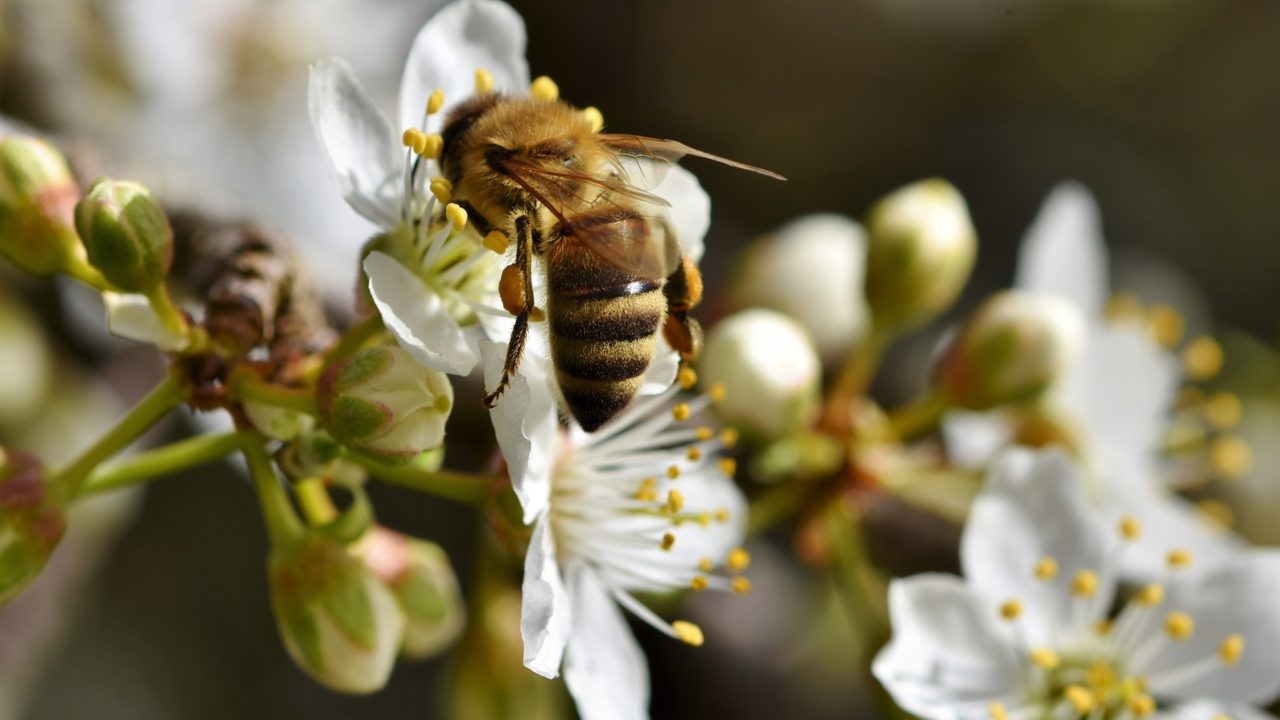More than 10,000 Irish people have signed a petition calling on the European Union to introduce laws to phase out damaging pesticides and to help create bee-friendly farming.
On Thursday (March 16), members of the EU Parliament debated an European citizens’ initiative entitled: “Save bees and farmers, towards a bee-friendly agriculture for a healthy environment”.
The initiative, which gathered over a million verified signatures across the EU, calls for synthetic pesticides to be phased out by 2035, along with the restoration of biodiversity.
It also demands support for farmers in the transition to more bee-friendly and environmentally safer farming practices.

Ireland South MEP, Grace O’Sullivan said that “our bees and honey need saving”.
The Green Party representative has called on the EU Commission to act on such a significant petition.
“More than one million European citizens signed a petition to call on the European Union to actually take action and to come up with legislation to reduce the amount of pesticides that are allowed to be used,” O’Sullivan told EuroParl Radio.
The MEP said that petition also calls for the use of synthetic chemicals or neonicotinoids to be phased out of farming.
Neonicotinoids are active substances used in plant protection products to control insects.
“We know from reports that these are having a huge impact on pollinators,” O’Sullivan said.
Pesticides
The current All Ireland Pollinator Plan has over 180 actions, the first of which examines ways to make farmland more pollinator friendly.
There are five evidence-based actions which farmers can incorporate into their holding to improve conditions for the vital insects:
- Maintain native flowering hedgerows;
- Allow wildflowers to grow around the farm;
- Provide nesting places for wild bees;
- Minimise artificial fertiliser use;
- Reduce pesticide inputs.
In Ireland, there are around 100 different species of wild bees, including around 20 bumblebees species and 80 solitary bee species, and 180 species of hoverflies.
Other insects such as moths, butterflies, ants and flies also contribute to pollination.
Data collected by volunteers as part of the National Biodiversity Data Centre’s bumblebee monitoring scheme, established in 2012, has shown an overall trend of a year-on-year decline of 4%.
